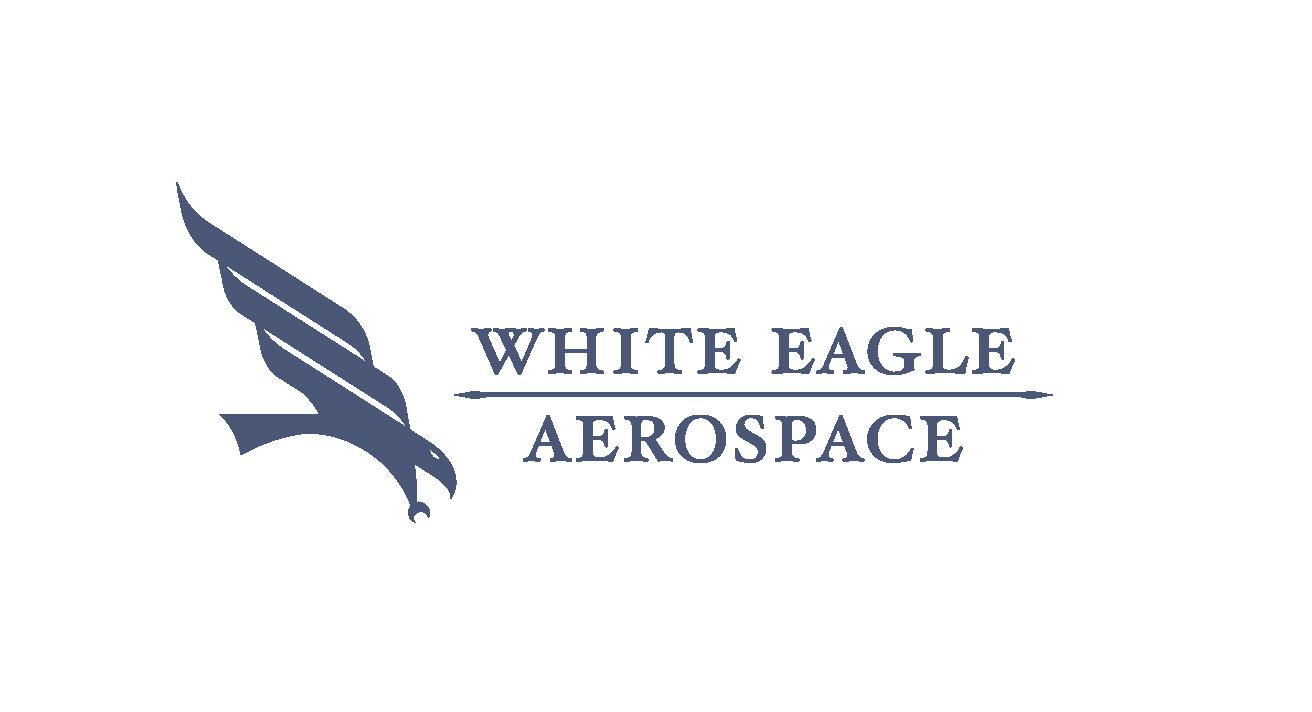You Will Fail
I recently came across this thought-provoking excerpt while conducting final research for our soon to be released Aerospace Lessons-Learned course. These are sobering words, yet extremely accurate. As aerospace professionals, striving for advances in a field fraught with the unknown, we will encounter failure. Without a doubt, we will fail. However, we can minimize the frequency of those failures and thus maximize our rate of success by learning from the past.
You will fail. It is important to understand this certainty. As an aerospace engineer, you will be building vehicles that fly under conditions never before encountered. You will, despite all the analysis and efforts put into the projects, still be voyaging into the unknown. You do not know what you will find. In ancient times, much of the world was a blank. Mapmakers would mark these unknown places with the words “Here There Be Dragons.” Despite all the advances in the first century of heavier-than-air flight, you need to understand that the dragons are still out there. You will fail.
That you will fail is certain. The causes of the failure you will experience, however, may be entirely unknown, and will range from the overarching to the mundane. A failure may come because, with existing knowledge and technology, the goal was unattainable. It may occur due to changing social factors, national needs, and aerospace policies. The failure may come as a result of a grave mismatch between budget and tasks at hand, or a lack of necessary political commitment. The failure may occur because an assumption was made that should have been challenged, because a modification was made that was better left undone or a question went unasked, or some flaw went undetected. And, perhaps worst of all, the failure may occur for reasons you will never truly understand.
While you are being trained in the skills needed to successfully build an aerospace vehicle, you may be less well prepared for events that can occur in the wake of a failure. On the personal level, you will have to deal with the emotional impact of having spent years working on a project, having missed evenings, weekends, and holidays with family and friends, of having overcome an endless series of problems and setbacks, only to see it all fail within a matter of seemingly random and dispassionate seconds.
This wrenching but instructive experience will then be followed by a mishap investigation, which may continue for months. During this time, the project is no longer under the control of project personnel. The investigators are the ones running things. You and the other project personnel have little input into what is done in the course of the effort. You may also face uncertainty over the project’s future in the wake of the failure. As with the immediate aftermath, this will take a toll on you and other project personnel.
The question is not if you will fail. Instead, the question is how you will deal with that failure, and how you will overcome it.
Excerpt above is from Road to Mach 10: Lessons Learned from the X-43a Flight Research Program written by Curtis Peebles, aerospace historian for the Smithsonian Institute.



